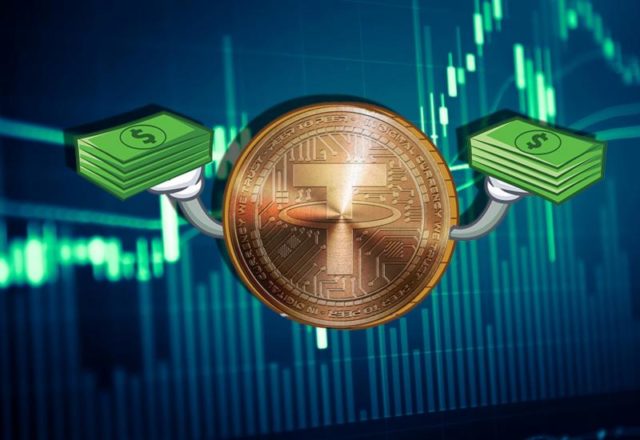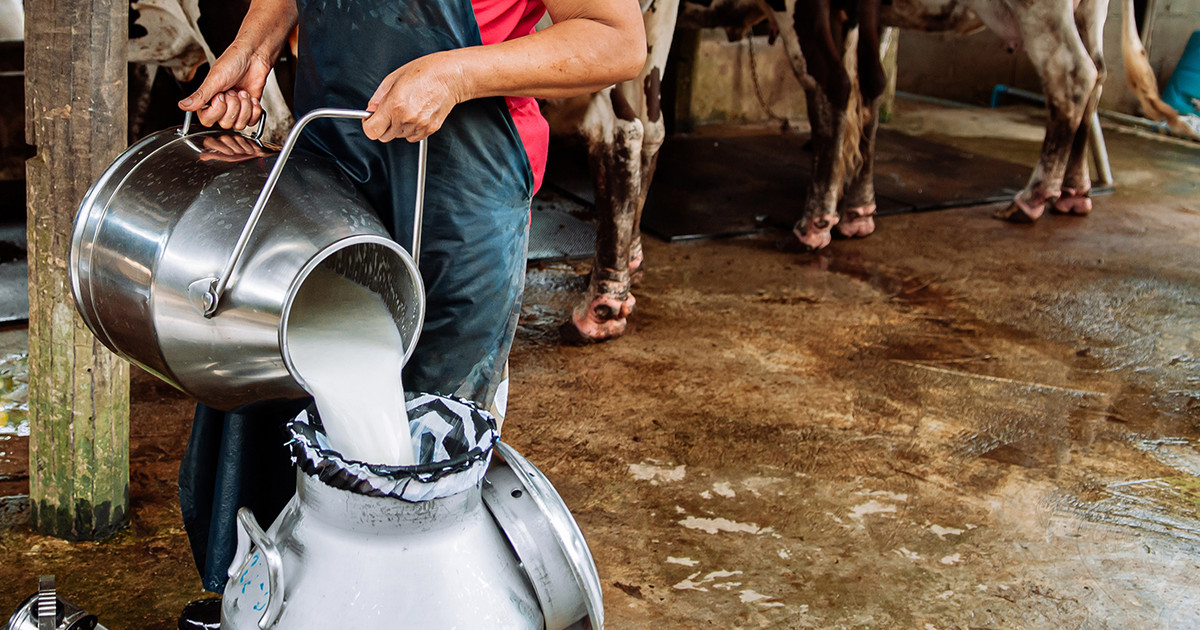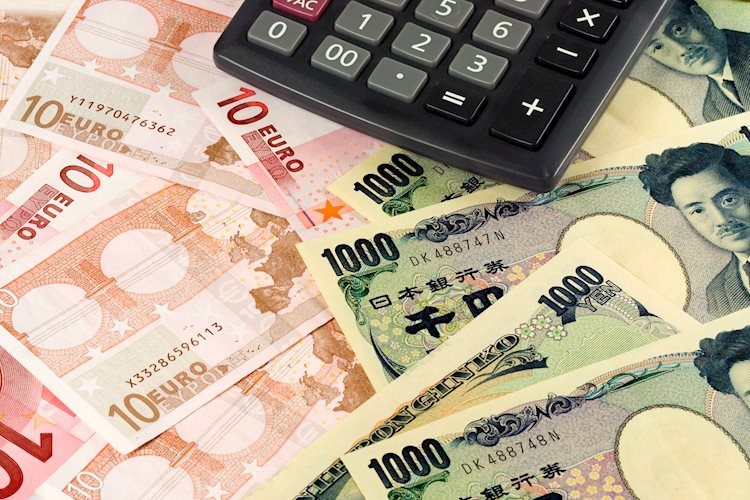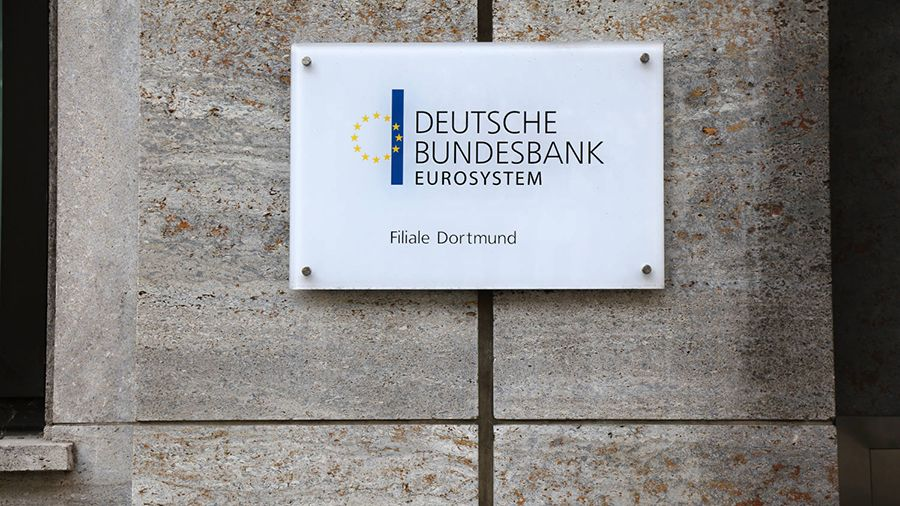The Chamber of Deputies of Chile approved, on Tuesday (9), the opening of a constitutional indictment — equivalent to a request for impeachment — against President Sebastián Piñera.
The constitutional indictment against Piñera still needs to be analyzed by the Senate, which should take place in the next few days. If approved, the president will leave office and be barred from exercising public functions for five years.
If Piñera’s impeachment is confirmed, the Chilean will be the eighth president to lose his mandate in South America in recent years.
Survey of CNN Brazil considering the 13 countries that make up the region, it shows that, in the last 30 years, seven presidents have gone through impeachment process – or equivalent – and lost their mandates.
During this period, in Brazil, there were two impeachment processes confirmed by Congress against presidents of the Republic: Fenando Collor, in 1992, and Dilma Rousseff, in 2016.
Café Filho and Carlos Luz, the first to go through the process in the country, lost their mandate in 1955. Unlike Collor and Dilma, the 1955 episodes did not follow the Impeachment Law (Law 1.079/1950). For this reason, both did not make the list.
Other leaders, such as former Bolivian president Carlos Mesa, who resigned in 2005, are also unlisted as they were ousted or resigned after social turmoil.
Check out the presidents who lost their mandate in South America in recent years:
1. Brazil – Dilma Rousseff (2016)
The definitive removal of Dilma Rousseff (PT) from the position of President of the Republic completed five years in August 2021. The former president, elected for the first time in 2011, left the position on August 31, 2016.
The impeachment process went on for nearly nine months — from the opening in December 2015, through the vote in the Federal Chamber, in April, and the removal from office, in May — but confirmation only came on August 31, 2016, with approval by the Senate.
Eduardo Cunha, former president of the Chamber of Deputies, continued the request of jurists Hélio Bicudo, Miguel Reale Júnior and Janaína Paschoal.
In justifying the impeachment request, the jurists alleged that the then president had committed a crime of responsibility for the practice of so-called “fiscal pedaling” and for issuing credit opening decrees without the authorization of Congress.
With a duration of 273 days, the case ended on August 31, 2016, with the result that the mandate was revoked, but without the loss of Rousseff’s political rights.
2. Brazil – Fernando Collor (1992)
The first president of the civil republic elected by direct vote after the military dictatorship in Brazil, Fernando Collor, was chosen according to the rules of the 1988 Constitution, “with full party freedom and election in two rounds”.
His presidential term, however, was short-lived: from March 15, 1990 to October 2, 1992, when he was removed from the Presidency of the Republic to respond to the impeachment process. Collor lost his post as president of the Republic and spent eight years without permission to run for political office.
The process against the then president deals with a crime of responsibility, defined in article 85, and is essentially political in nature – which removes the impeachment process from the jurisdiction of the Judiciary. Despite this, President Collor was tried and convicted by the judiciary and later acquitted.
Collor resigned from his mandate shortly before the start of the trial in the Federal Senate. In that House, this decision generated a lot of controversy. Some jurists considered that the trial, after the resignation, should not have taken place. Thus, the issue ended up being decided by the Supreme Court (STF), in a session presided over by former minister Sydney Sanches.
Fernando Collor won a legal victory in 1994, when he was acquitted by the Supreme Court. In 2006, he was elected senator of the Republic, representative of the state of Alagoas, by the Brazilian Labor Renovator Party (PRTB). As soon as he took office in the Federal Senate, on February 1, 2007, he migrated to the Brazilian Labor Party (PTB).
3. Paraguay – Fernando Lugo (2012)
In June 2012, the Paraguayan Senate condemned the then president of the country, Fernando Lugo, in an impeachment process considered “lightning”: in less than 36 hours, the removal process was instituted and concluded.
One of the main banners of the socialist government was agrarian reform. With difficulties in putting the proposal into action, the Paraguayan Parliament found him guilty of “poor performance” of his duties.
4. Paraguay – Raúl Cubas Grau (1999)
Paraguay’s then president, Raúl Cubas Grau, resigned in March 1999 on the eve of his impeachment vote by the Paraguayan Senate.
Cubas Grau was accused of violating the Constitution by disobeying the order of the Supreme Court of Justice, which ordered the arrest of General Lino César Oviedo, his political ally.
Oviedo was once the head of the Cubas Grau ticket, but left the dispute after being sentenced to 10 years in prison for an attempted military coup in 1996.
As president, however, Cubas Grau pardoned Oviedo’s sentence, which was considered an abuse of power by the Chamber of Deputies.
5. Equador – Lucio Gutiérrez (2005)
In 2004, in one of the attempts to remove then-President Lucio Gutierrez from office, the Ecuadorian parliament ended up shelving the impeachment request.
After the process, the military changed almost the entire formation of the Supreme of the country, appointing magistrates favorable to the government. The new ministers overturned Gutierrez’s requests for removal, triggering a series of popular demonstrations in the streets.
After intense protests, Congress removed him in a process similar to the impeachment process.
6. Equador – Abdalá Bucaram (1997)
In February 1997, just six months after assuming the presidency, Abdallah Bucaram was removed from office by Parliament. After several protests by the population over corruption cases, Congress removed him from power, alleging his “mental inability” to remain in office.
Protesters were also against measures to adjust the economy, such as the increase in gas prices and transport. Bucaram spent two decades in exile in Panama.
In 2020, at the age of 68, the former president was even arrested in an investigation of fraud related to Covid-19.
7. Venezuela – Carlos Andrés Pérez (1993)
In 1992, he was the target of two attempted coups d’etat amidst a wave of demonstrations and a social crisis, known as Caracazo.
The demonstrations pressured the then president’s impeachment order, but the Venezuelan Supreme Court’s conviction for illicit enrichment and embezzlement were fundamental to Pérez’s loss of term.
Pérez was the first president in Venezuela’s history to be prevented from exercising his functions, and, so far, the second Latin American president to be impeached — Fernando Collor de Mello of Brazil was the first.
(*With information from Murillo Ferrari, CNN, and Agência Senado)
Reference: CNN Brasil
I’m James Harper, a highly experienced and accomplished news writer for World Stock Market. I have been writing in the Politics section of the website for over five years, providing readers with up-to-date and insightful information about current events in politics. My work is widely read and respected by many industry professionals as well as laymen.






